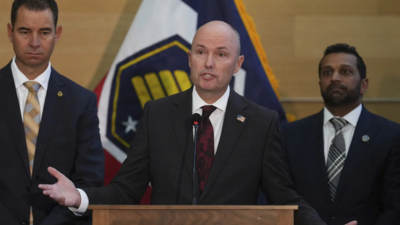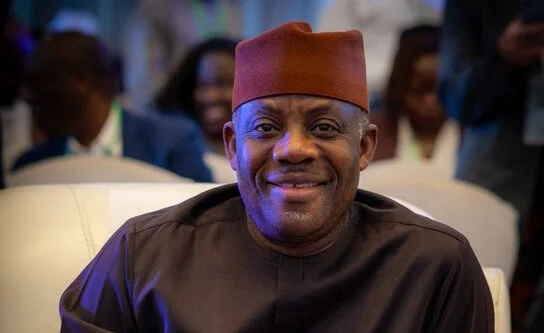The Federal Government has officially reintroduced Nigerian History as a compulsory subject in the basic education curriculum, marking a historic step toward strengthening national identity, fostering unity, and instilling patriotism among young learners.
In a statement released Wednesday night, the Director of Press and Public Relations at the Federal Ministry of Education announced that Minister of Education, Dr. Maruf Tunji Alausa, and Minister of State for Education, Prof. Suwaiba Sai’d Ahmad, unveiled the new policy under President Bola Ahmed Tinubu’s Renewed Hope Agenda.
According to the ministry, “For the first time in decades, pupils will study Nigerian History continuously from Primary 1 to Junior Secondary School 3 (JSS3).” This milestone reform ensures that history becomes a foundation for civic responsibility and national pride.
At the senior secondary level, a newly introduced subject, Civic and Heritage Studies, will combine elements of Nigerian History with Civic Education. The curriculum will explore Nigeria’s origins, culture, notable leaders, political and economic development, geography, religions, colonial rule, and post-independence governance. Students will also engage with lessons on early Nigerian civilizations, pre-colonial states, West African empires, European contact, the amalgamation of 1914, independence struggles, and the evolution of democratic governance.
The ministers described the reform as a “priceless gift to the nation,” adding that it would reconnect students with their heritage and encourage responsibility. They stressed that embedding civic education alongside history would “equip learners with the values needed to respect diversity, uphold institutions, and contribute positively to society.”
To ensure effective implementation, the ministry has released the revised curriculum for Primary and Junior Secondary levels and pledged to partner with stakeholders. Plans include retraining teachers, providing adequate resources, and closely monitoring classroom delivery.
The statement further urged parents, teachers, and communities to support the policy, emphasizing that “raising disciplined and patriotic citizens is a shared responsibility.”
With this reform, the Federal Government is positioning education as a powerful tool for shaping responsible citizens and safeguarding Nigeria’s heritage for future generations.













